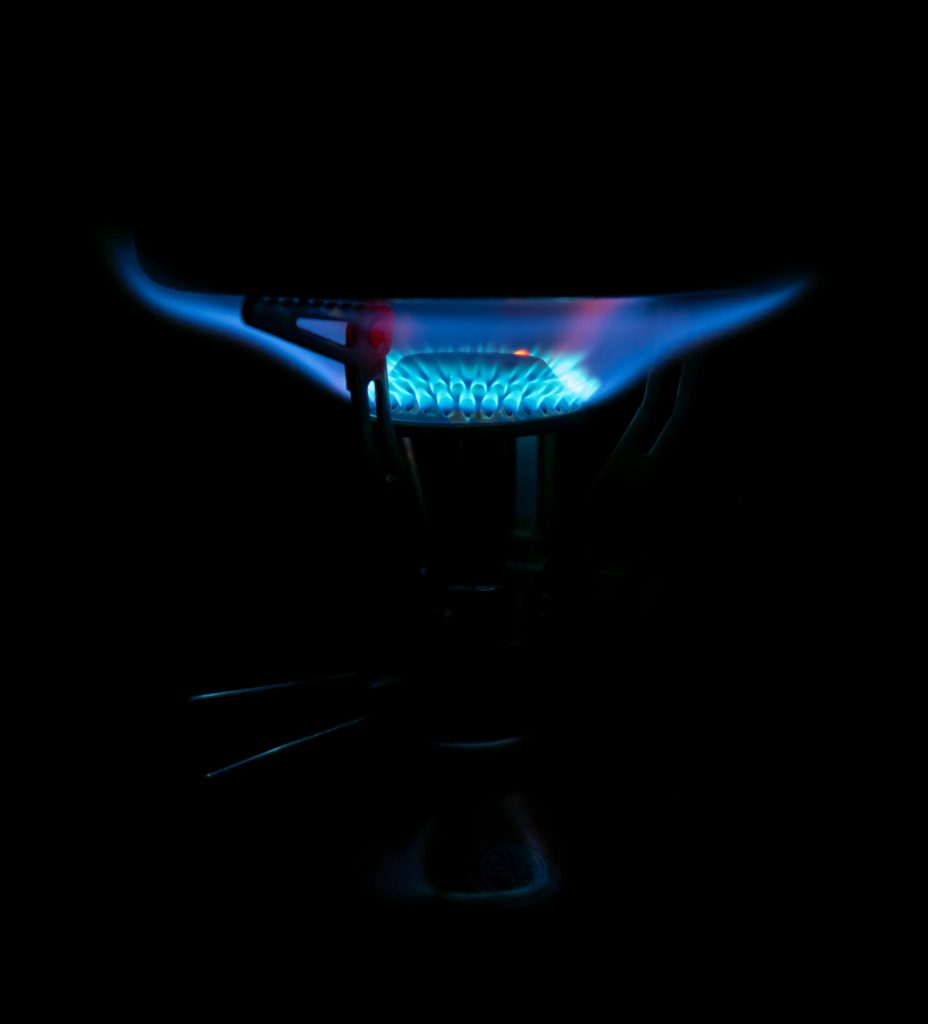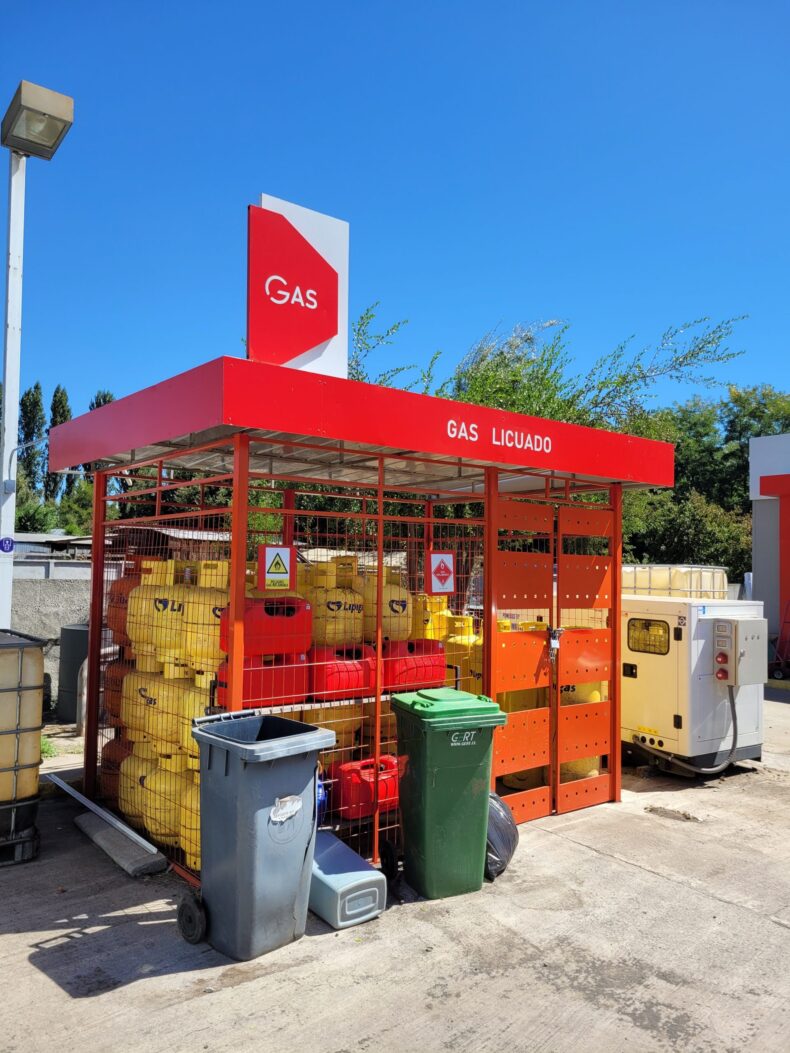Propane is one of many fuels available to power a generator. When deciding which additional power source will fit your home best, asking how long a propane tank lasts on a generator is necessary.
Generators are reliable, but their power sources may not always be. The costs, ease of use, availability, and eco-footprint of these sources should be considered before you choose one. While liquid propane fuel is a clean burning source, what exactly does using it mean?
In this article, I share what propane generators are, how they work, and how much propane you’ll need to meet your power requirements. You’ll also read about the pros and cons of this power source.
What Are Propane Generators and How Do They Work?
Propane is more commonly known as LPG. This stands for liquefied petroleum gas, which is a gas that gets compressed to make a liquid.
You can buy bottles or tanks of propane to use for heating and to power some vehicles. It’s a general substitute for petrol, diesel and natural gases. Propane is a more eco-friendly option too.
Propane generators use propane instead of diesel and other fossil fuels. The tank is connected to the generator to provide this energy source. Propane needs to be heated up to a certain point. It burns until it reaches the right temperature and mixes with ammonia in the generator to create ammonia gas.
The ammonia gas powers the generator, which in turn powers the appliances in your house.
How Different-Sized Propane Tanks Perform on a Standard Generator
The efficiency of different fuel sources gets measured in British Thermal Units (BTUs). The higher the BTU, the more effective it is.
5 Gallon Tank: There are more than 457 thousand BTUs in 5 gallons of propane. This translates to more than 134 thousand watts of electricity.
The size of the generator influences the amount of time that the 5-gallon tank can power it. 10 000W generators can run for more than 13 hours.
10 Gallon Tank: You can use a large generator for half a day before the propane in a 10-gallon tank runs out. Smaller ones can last for up to five days!
120 Gallon Tank: A tank this size can run a whole house generator for up to 48 hours. It’s a great choice if you live where regular power outages are expected.
500 Gallon Tank: This size tank is best suited for large buildings or extended power outages. You can power a standard house for 6 to 10 days with it.

The Pros and Cons of Propane Generators
Propane generators are a great option, but they’re not the best for everyone’s needs. These pros and cons will help you determine if they’re a good fit!
The Pros of Propane Generators
Propane Is Widely Available
You can find propane almost anywhere. From the most rural areas to the middle of a busy city, someone will be selling propane.
Propane Doesn’t Spill
Propane tanks have a low spilling risk thanks to their safety valves. However, you still don’t have to worry if it spills because propane is a non-toxic gas.
Propane Is Hardy To All Temperatures
Your propane won’t even freeze in the coldest winter temperatures. Neither is it likely to burst into flames if the sun is a little too hot.
Propane can withstand most temperatures better than other energy sources.
Propane Generators Are Easier To Start
Propane generators aren’t as hard to start as diesel models. Most work with a regular switch. Some can even be set to automatically start when the power goes off.
Propane Generators Are Safer Than Others
Propane is highly flammable, but these generators are still the safest option. With all their safety measures in place, your generator won’t just catch fire.
Propane Generators Are Better For The Environment
One of the biggest environmental issues we face is burning fossil fuels. Diesel and other fuel-powered generators are significant contributors to global warming.
Propane generators aren’t as bad for the environment. They don’t omit toxic and harmful gases and have an almost non-existent carbon footprint.
Apart from solar panels, propane generators are one of the best environmentally friendly options.
Propane Generators Have a Lower Initial Cost
Although the cost of propane generators depends on the area you live in, the brand you choose, and where you buy them from, they’re generally cheaper than other types.
Propane Doesn’t Degrade
Unlike other fuels, propane doesn’t degrade. You don’t have to worry about losing your energy source if you haven’t used it for a while.
The Cons of Propane Generators
Propane Generator Engines Aren’t Long Lasting
Propane generator engines have a higher risk of failing. The damage can be severe, and you’ll have to replace your entire system.
Propane Costs More Than Other Fuels
Propane costs more than other fuels. Depending on where you live, it can be costly to get the tanks to your home.
This fuel also runs out quicker than others. Its energy density isn’t high, and you may have to spend more on propane if you have frequent power outages.
Propane Comes In a Tank
You can’t pour propane into your generator like other fuels. It comes in a tank or bottle for which you’ll have to make space. The tanks can take up a lot of space at your house.
It may also be challenging when it comes to the logistics of getting it to your house.
So, How Does Propane Stack UP?
Propane is a clean fuel that can keep your generator working for days. There are many reasons to use propane-fueled generators, but you need to ensure this fuel source fits your picture. While it’s widely available, the cost and effort of getting tanks to your home could create a barrier. Compared to other fuel sources for generators, propane ranks high. I suggest listing the pros and cons of each to help you decide which will work better.
I hope you found all the answers you needed in this article. If something else comes to mind, ask about it in the comments!

